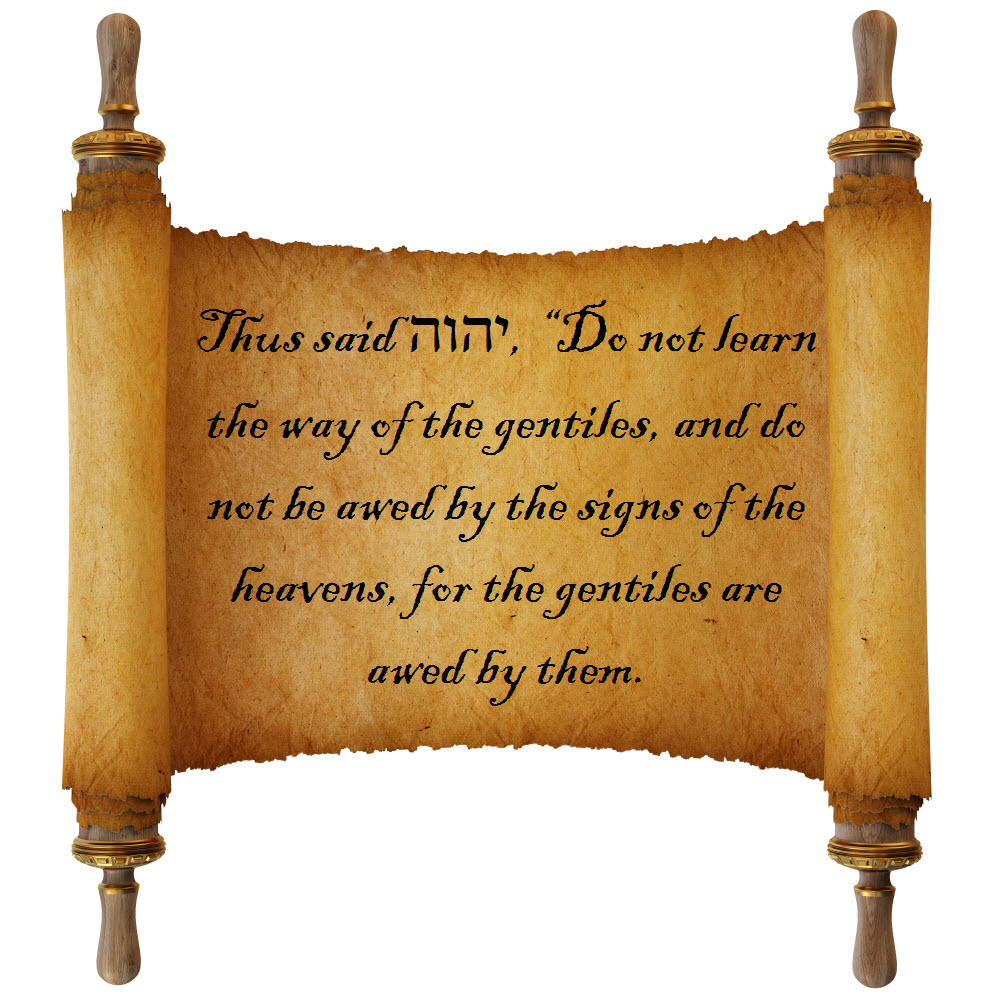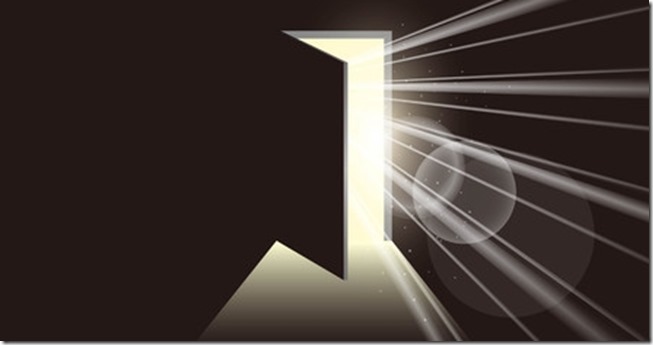-

Will YHVH allow us to be deceived?
Every person alive is subject to deception. Y’shua said even the very elect would be deceived (Matt 24:24). This was also Y’shua’s very first warning when He was asked about the end of the age. He said: “see to it that no one deceives you” (Matt 24:3-5). We have written a few previous posts about…
-

Modesty
If you hear the word modesty a certain image may arise in your mind of a woman dressed in conservative clothing. Is this really what modesty is about? Is it only about clothing and is it only women that should be concerned with this? Is this true? Is modesty only about what we wear? These…
-

The Results of Sanctification
This is the concluding part of our series on sanctification. In the first article we wrote about the need for sanctification and in the second on how to achieve sanctification. In this article we will focus on what we hope to achieve through this process.
-

Making your voice heard on high
The next three appointed times on YHVH’s calendar is approaching, Yom T’ruah, Yom Kippurim, and Sukkot. It is always a good thing to “take stock” of our spiritual condition before we observe these days. Especially Yom Kippurim, a day of humbling ourselves before YHVH. It is part of Jewish tradition to do introspection for forty…
-

Who Am I?
When we become believers, we become children of YHVH. He is our Father who loves us unconditionally and wants the best for us. If we did not have an earthly father who modelled this love for us, or failed us in any way, we may not be able to fully comprehend this love the Father…

